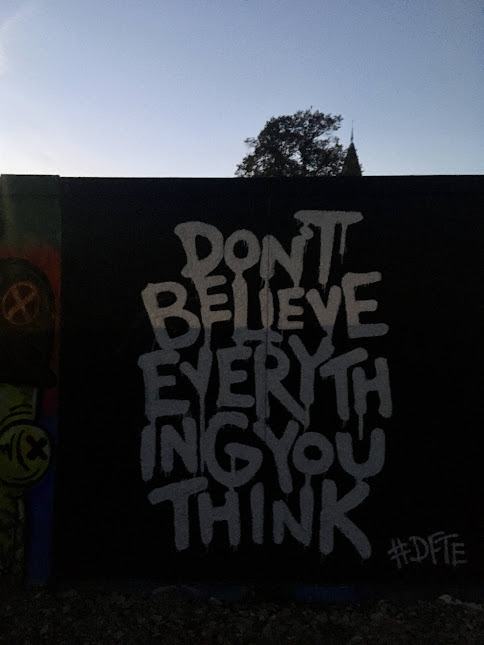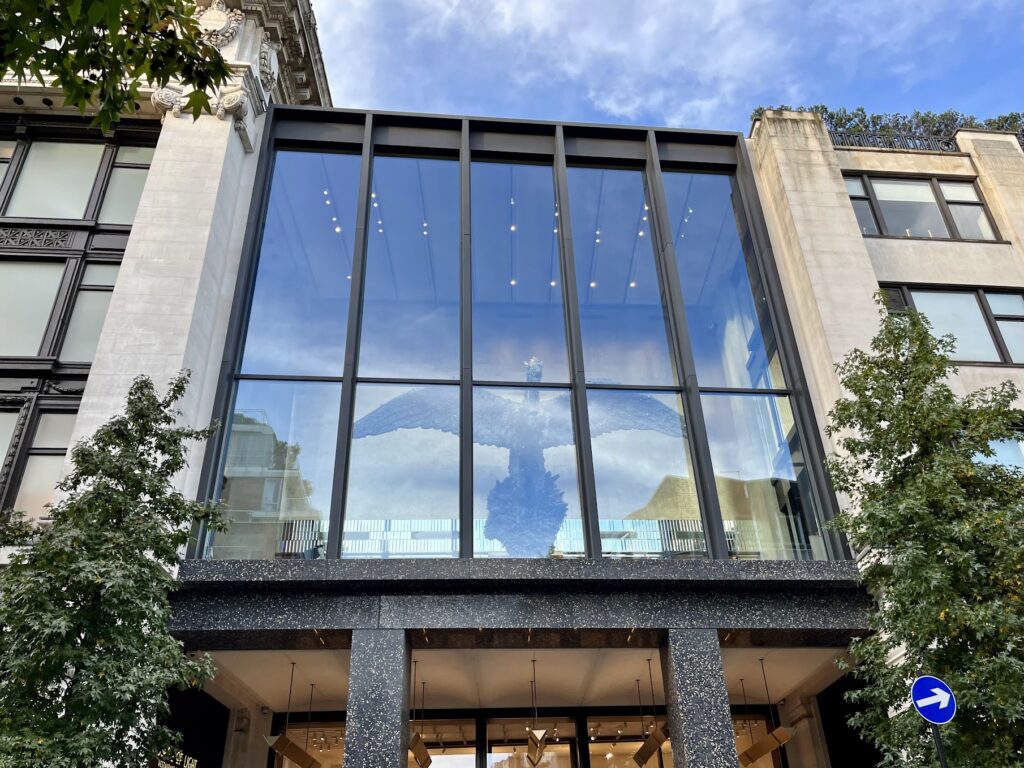This Week’s Bit of String: Sudden appearances
During a research project on Brazil, my Year 11 student enjoyed quizzing me with each fact he found. We learned it can rain up to 394 inches per year in the Amazon, and that the rainforest covers twice the size of India. He also took a few side quests with Google: the deepest hole in the earth, the biggest airplane.
Then he asked, “You know that Boeing 747 that disappeared?”
“Um… which one? Do you know what year it was, where the flight was from?”
“I don’t know. But they’ve just found it; look! Here’s the plane.”

He angled his laptop screen to me. He’d put “Boeing 747 disappeared” into Google and then gone to the images tab. For all I knew, every picture was of a different plane and completely different circumstances and who could say from each photo whether that plane ever had, in fact, disappeared.
I follow political news avidly (it’s a not-particularly-healthy habit of mine) so I hear and worry about the spread of misinformation influencing elections, and about voters being in their own, social media-cultivated bubbles. But what I witnessed here drove it home in an entirely new way.
Suddenly it hit me, anyone can Google, for example, “Joe Biden senile” and the algorithms will present them with exactly what they want to see. And thus the course of human history could be affected.
Refining Terms
When we factor in the literacy struggles which some people have–why search for information to read when a picture will do? The problem is, a picture could depict anything and be from anyone. Someone could Google “Israel terrorists” and I hate to imagine what photos would come up.
The intent can be ambiguous, too. “Israel terrorists” could mean terror acts against Israeli persons, or terrorist acts committed by them… And viewers of Google images might get both but assume all confirm their viewpoint. Sites label photos with whatever fits their agenda.
Intent matters… Online algorithms are desperately trying to work out what we want to see, and it’s on us to return the favour by investigating the motives of people who post and share content.
Writers are infamous for spending our time on side research. Sometimes, it’s easier to check what wallpaper would be accurate for a time period than to actually write some plot. I generally don’t have much time to spare, so I keep my search terms precise. This is useful in following current events as well.
Just Asking Questions
Along with honing our queries to ensure we get the right information and checking the reliability of our sources, it’s crucial to interrogate our own motivations. I think we have an instinct to villainise certain people and idolise others. Once we’ve selected someone for those roles, we exclusively seek evidence supporting our decision.

Last week I had to resolve an altercation between a Year 13 student and a teacher. She calls him Scary Man and she and laughs about it with her friends to cover her fear about his shoutiness, and how it made her cry in one of his lessons.
When I talked to the teacher about her difficulties, he was spectacularly morose. “I don’t want to make children cry,” he kept saying. He knows they call him Scary Man. He tries to be gentle, and when they don’t appreciate this he snaps. They’re each as insecure as each other.
“It’s exciting to rally with our friends against a villain,” I said to my student in our discussion later. “But an inanimate one would be preferable.”
Goodness knows I’ve been guilty of the same thing, not least when I was her age; I signed someone’s yearbook thanking them for hating one of the same girls I did. Not very graceful or empathetic of me, but that too would have come from insecurity and from wanting to form a particular connection.
Humans tend to construct narratives. We like to see an arc of justice, and it’s reassuring when good guys and bad guys are clearly delineated. We love being right so much, we’re perversely happy to sniff out confirmation of our most bitter suspicions.
Real life doesn’t often fit into these binaries and these smooth tracks, though. If things are lining up too well with what we expect and what we want, it may be worth looking deeper into the story, and looking behind the scenes of the presented picture.
Pivotally, let’s try to keep sight of what underlying insecurities motivate those who seem like villains. We wouldn’t write a completely un-nuanced character without backstory, would we? We can’t assume real humans are without them.

